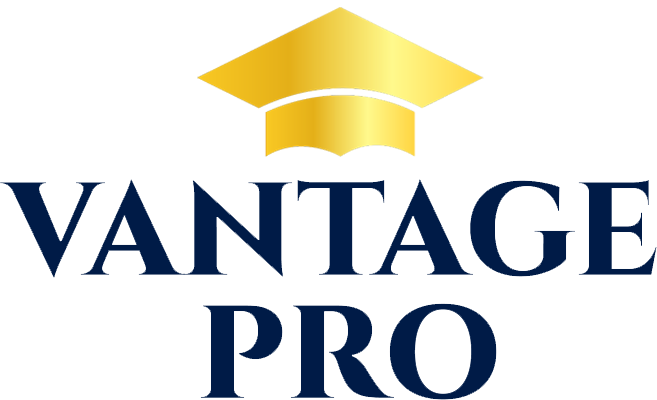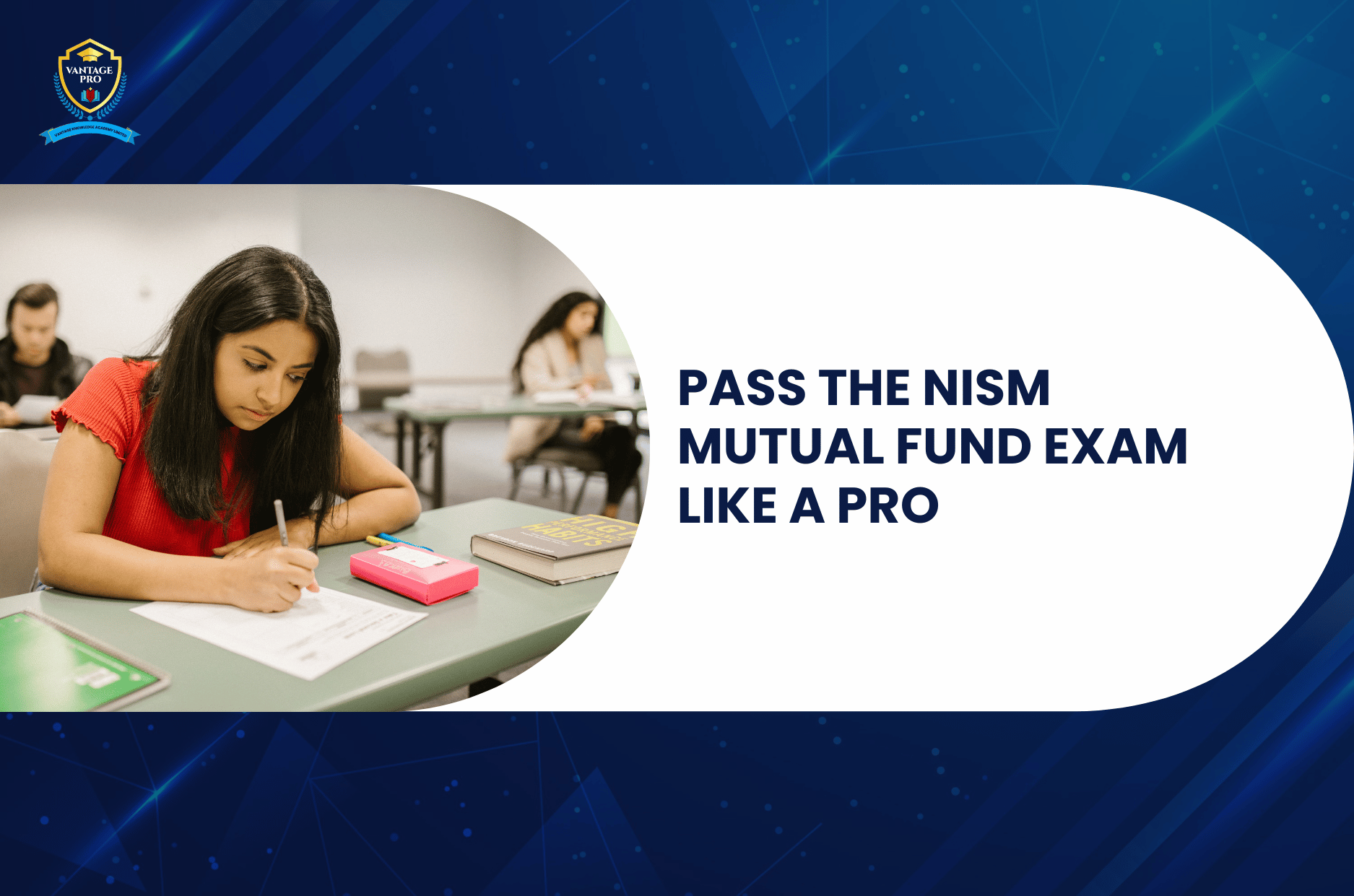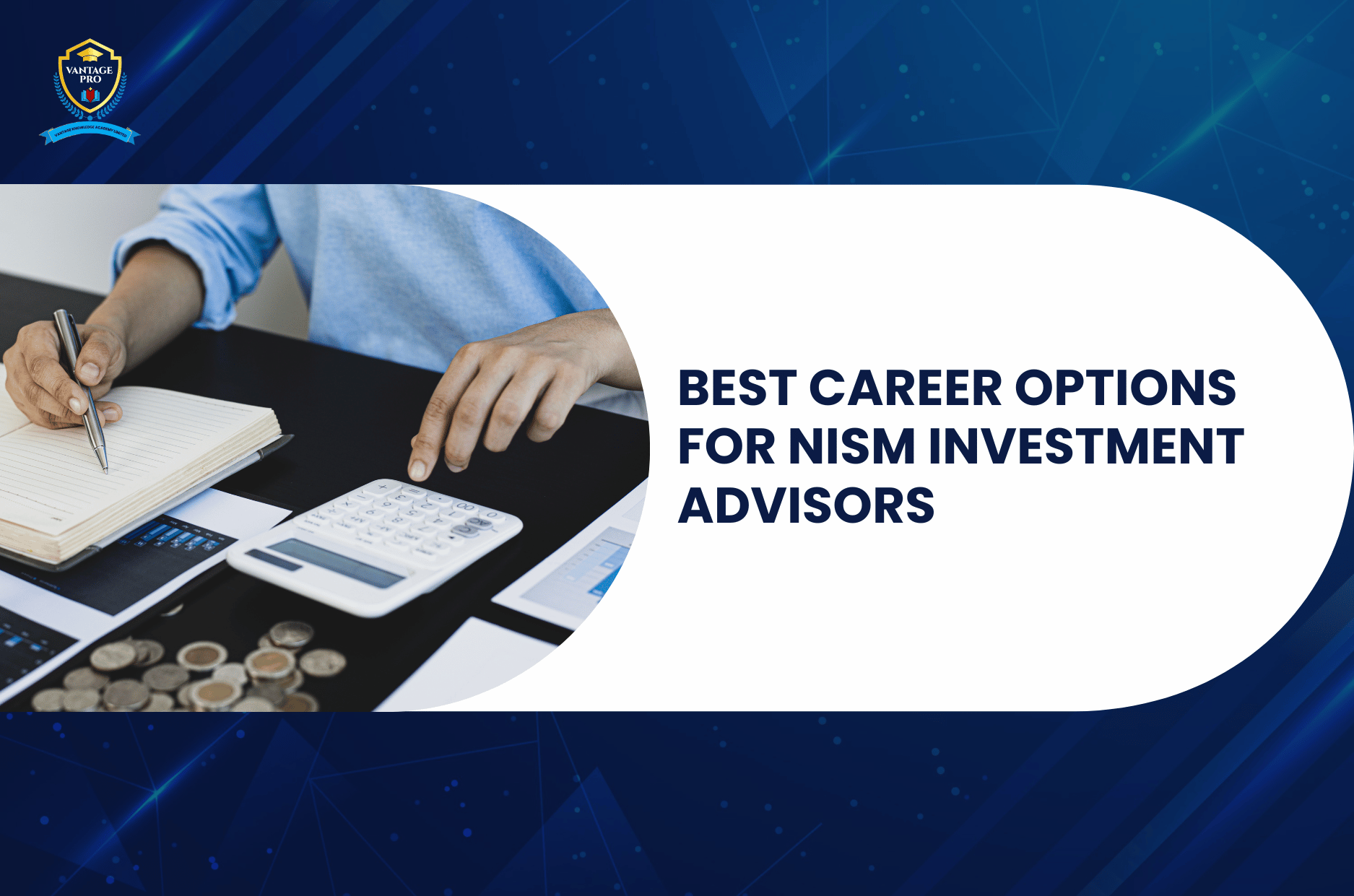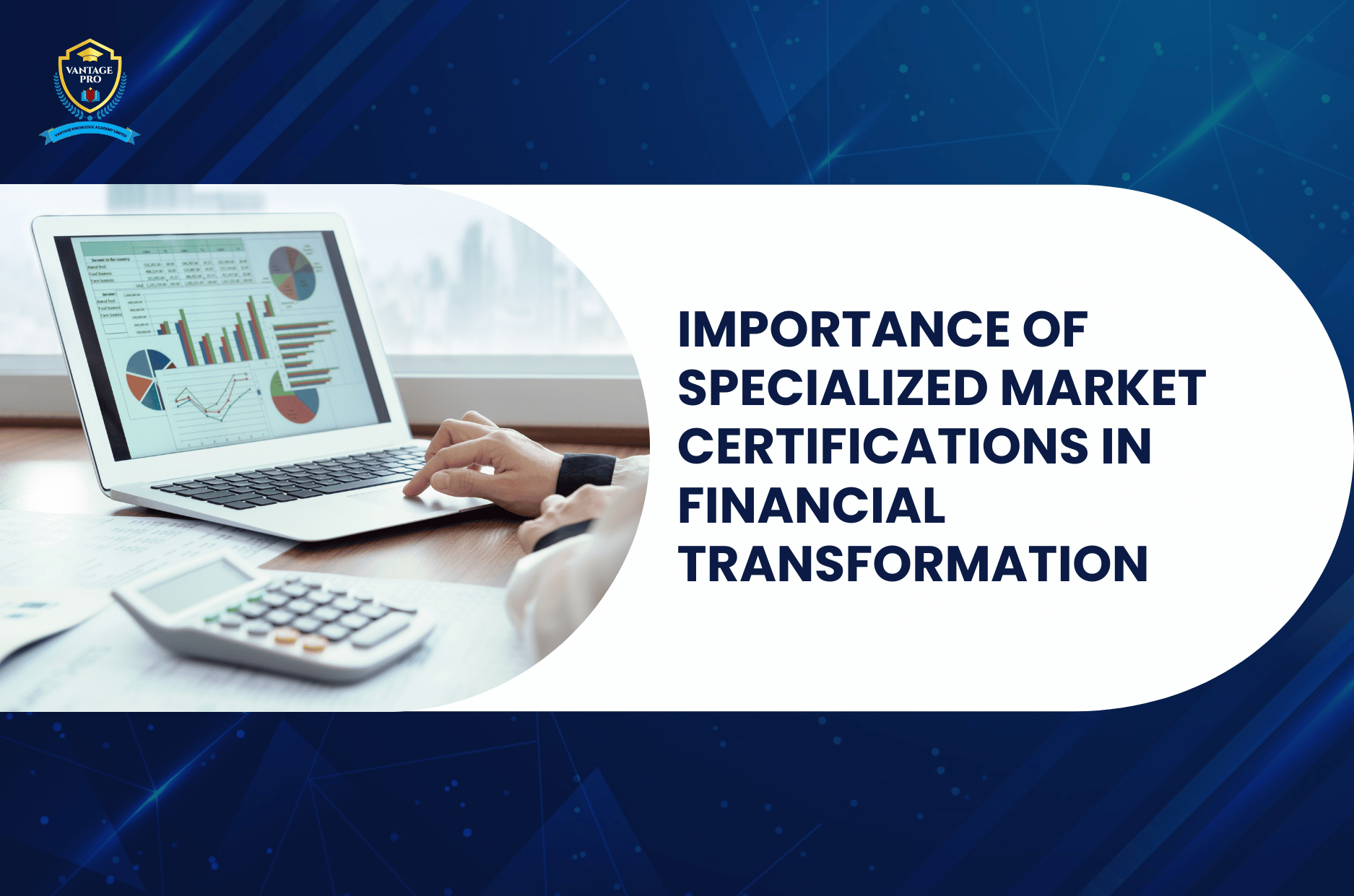 (1920 x 500 px) (1).png)
Blog Detail
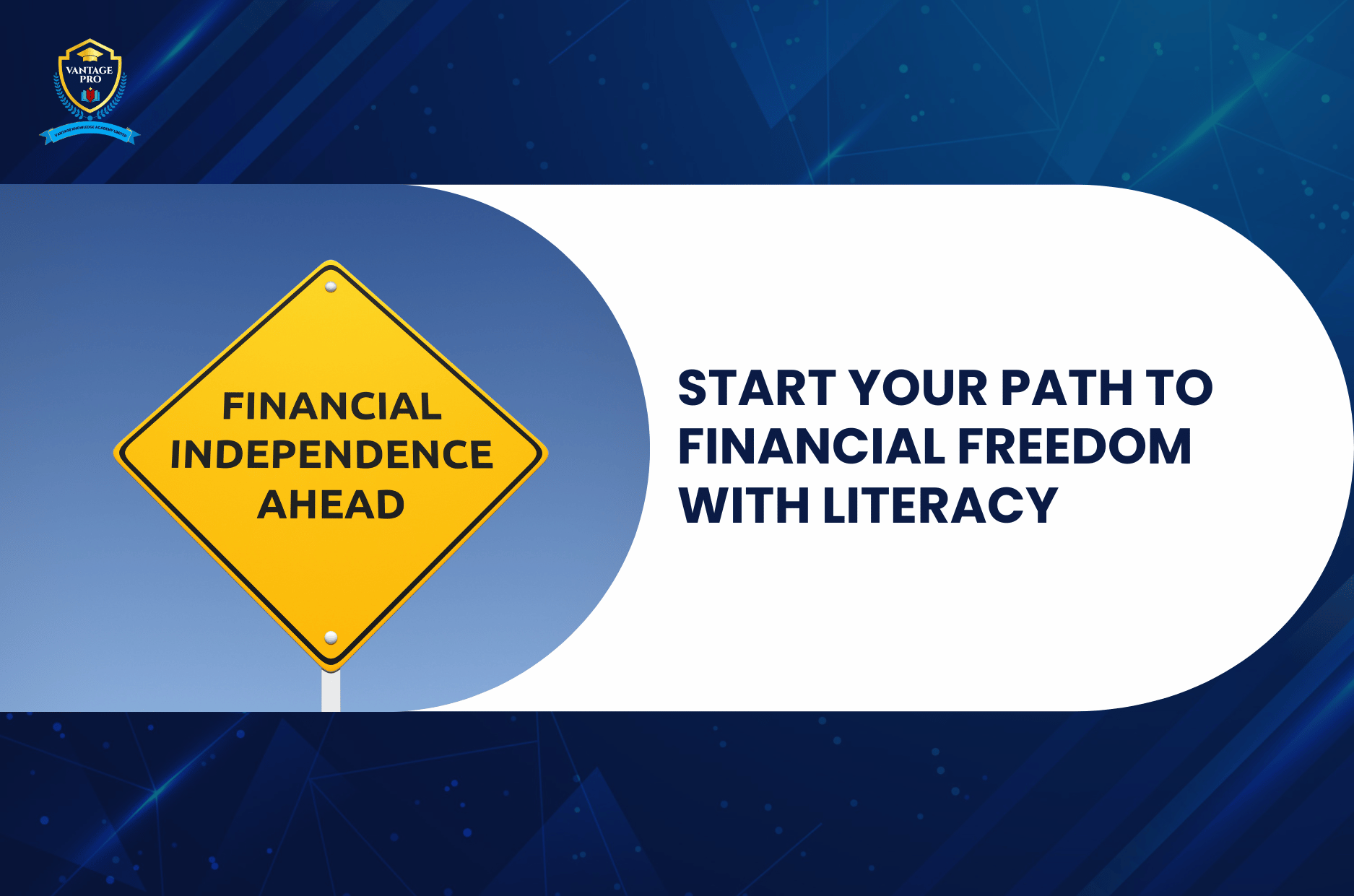
Imagine not having to worry about living paycheck to paycheck every day. Imagine yourself investing, saving, and spending your money with assurance and knowledge. Doesn't it sound like a dream? It need not be, though. Financial literacy is the first step toward financial freedom. This guide will teach you how to take charge of your finances and position yourself for long-term financial success, regardless of whether you're a student just beginning your financial journey or someone trying to increase your understanding of the subject.
This blog will explain what financial literacy is, why it's so crucial, and how you can start learning the skills you need to become financially independent right now.
Financial literacy: what is it?
Fundamentally, financial literacy is the ability to comprehend important financial ideas such as debt, credit, investing, saving, and budgeting. You may ensure that you not only survive but also prosper financially by making wise financial decisions if you possess financial literacy.
Knowing how to control your income and expenses is known as budgeting.
Saving: Understanding how to put money aside for unforeseen expenses and long-term objectives.
Investing: Knowing how to use various investment instruments to make your money work for you.
Debt Management: Learning how to manage and reduce debt while maintaining a good credit score
The Significance of Financial Literacy for Students
You may believe that you don't yet need to be concerned with financial literacy as a student. However, you'll be more equipped for the future the earlier you start honing your financial skills.
1. Establish Sound Financial Habits at a Young Age
You probably have a limited budget as a student, whether it comes from scholarships, part-time employment, or allowances. Now is the ideal moment to begin developing sound financial practices. You may position yourself for success once you start working and making a full-time salary by making a budget, keeping track of your spending, and saving even modest sums.
2. Recognize How to Prevent Debt
Young adults frequently have to deal with credit card debt, student loans, and other types of debt. However, you may avoid future financial difficulties by learning how to efficiently manage your debt. Gaining financial literacy will teach you how to borrow money sensibly and keep yourself out of debt.
3. Establish the Groundwork for Financial Self-Sufficiency
It takes work to become financially independent. It's a long-term objective that calls for knowledge, strategy, and discipline. Being financially literate gives you the ability to make informed decisions that will enable you to become financially independent as soon as possible.
4. Make Smarter Investment Decisions
Investing might sound complicated, but it’s essential for building wealth. By becoming financially literate, you can learn the basics of investing, understand the different types of investment options, and begin building a portfolio that will help you achieve your financial goals. The earlier you start, the more time your money has to grow.
Essential Elements of Financial Literacy You Must Understand
1. Money management and budgeting
Understanding how to create a budget is one of the first steps to financial independence. This entails keeping tabs on your earnings and outlays, reducing wasteful spending, and setting aside money for future objectives.
Tools for Use: You can monitor where your money is going with the use of budgeting programs like Mint, YNAB (You Need A Budget), or simply a basic spreadsheet.
2. Setting up money for goals and emergencies
It is essential to establish an emergency fund. This is money saved for unforeseen costs such as urgent travel, auto repairs, or medical fees.
Goal-Oriented Saving: In addition to an emergency fund, think about setting aside money for particular objectives like a trip, a new device, or further education.
3. Comprehending Debt and Credit
There are two sides to credit. It's crucial for raising your credit score and making necessary purchases, but if not handled carefully, it can also result in large debt.
Advice: Don't take on more debt than you can manage, always pay your payments on time, and maintain a low credit use rate.
4. Making Future Investments
Investing comes when you have mastered the fundamentals of budgeting and saving. The secret to accumulating wealth over time is investing, whether it be in stocks, mutual funds, or launching your own company.
Start Small: To begin investing, you don't need a large sum of money. To get started, look for mutual fund systems that are easy for beginners to use, such as SIP (Systematic Investment Plans).
5. Tax Planning and Financial Planning
As your income grows, understanding tax planning and how to manage your finances becomes increasingly important. Financial planning ensures that your money is being used efficiently, whether it’s for retirement, buying a house, or investing in your future.
How to Begin Developing Your Financial Knowledge Right Now
1. Enroll in courses on financial literacy
For those who are just beginning their financial path, Vantage Knowledge Academy offers financial literacy classes. All of our financial literacy courses give students the fundamentals of investing, saving, and budgeting, making them ideal for those who want to take charge of their financial destiny.
2. Go through books and articles.
You may learn how to manage your finances with the help of a wealth of tools. Among the best books for novices are:
Written by Robert Kiyosaki, "Rich Dad Poor Dad"
Written by Thomas Stanley, "The Millionaire Next Door"
Benjamin Graham's book "The Intelligent Investor"
3. Make Use of Financial Tools and Apps
To find out where your money is going, start keeping track of your spending with applications like Mint or PocketGuard. By providing you with a comprehensive view
of your spending patterns, these tools can assist you in making more informed financial decisions.
4. Establish Financial Objectives
Establish your financial objectives, including emergency fund building, business startup, and education savings. Setting clear objectives will keep you motivated and on course.
Conclusion: Gain Financial Knowledge to Empower Yourself
Being financially independent requires more than simply having a large income; it also requires being able to handle it well. Your chances of reaching your financial independence objectives—whether they be debt repayment, home ownership, or a comfortable retirement—increase with the timing of your financial literacy development.
The first step to becoming an expert in money management and creating a financially secure future is to sign up for classes like Vantage Knowledge Academy's financial literacy for all programs.
Start now and keep in mind that you can attain financial freedom with the correct resources and attitude.
